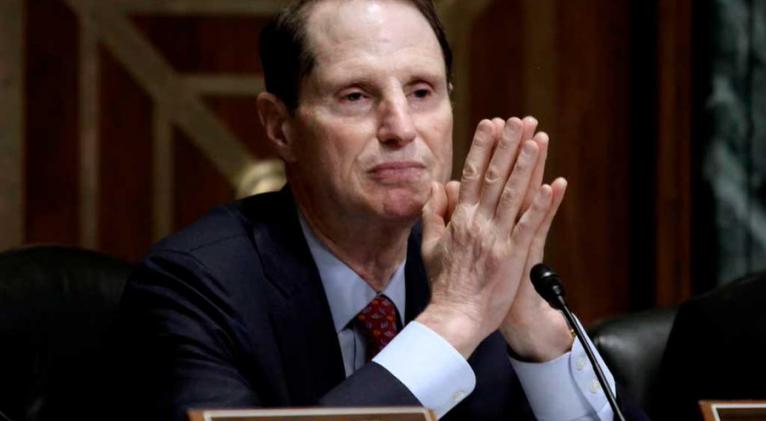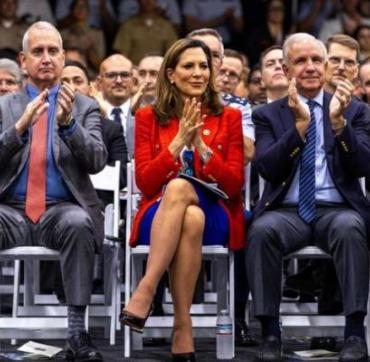US Senator presents bill to end blockade against Cuba
especiales

Senate Finance Committee Ranking Member Ron Wyde, a Democrat from Oregon, presented a bill to end the blockade against Cuba on Friday.
Wyden introduced US-Cuba Trade Act of 2025 “to repeal outdated sanctions on Cuba and establish normal trade relations with the island nation,” he said in a statement.
“Trying to isolate Cuba is a failed and obsolete strategy that punishes the Cuban people and closes off American influence and investment that could benefit both American farmers and ranchers and Cuban small businesses,” said the legislator, who was the chairman of the Finance Committee.
The initiative, co-sponsored by Oregon Senator Jeff Merkley, would have to go through a path that is too tortuous to advance in the Senate, controlled by Republicans.
However, the proposal shows the interest of members of Congress in achieving a normalization of relations with the neighboring country and a change in policy towards Cuba.
In February 2021, Wayden also introduced a similar bill and said in a statement that “continuing with this mechanism from the 1960s would be a failure.”
He added that the US Congress had an obligation to improve relations between the two countries as quickly as possible.
Donald Trump’s first administration (2017-2021) increased “tensions with Cuba during his disastrous period in office, but I am optimistic about President Joe Biden’s new diplomatic course,” said Wyden, who was the head of the Senate Finance Committee, at the time. Previously, in 2017, Wyden presented another bill for the elimination of the unilateral blockade imposed on Cuba more than 60 years ago and it also failed to prosper.
Since the beginning of his first term in office, in January 2017, Trump began to implement unprecedented measures against Cuba, which stood out for their systematic hostility and exceeded the number of 240.
When Biden took office four years ago, he promised to review the United States policy on Cuba, and “take his own course.”
However, the Democrat remained in line with the policy of his predecessor and on January 14, six days before leaving the White House, he announced a group of measures – although late and insufficient – in the right direction.
Biden removed Cuba from the list of State Sponsors of Terrorism (an act of elementary justice); waived Title III of the Helms-Burton Act, also known as the Libertad Act, for a period of six months; and rescinded National Security Presidential Memorandum 5 of 2017 to remove the so-called “restricted list.”
The outgoing president’s decision to remove Cuba from the list unilaterally honors the “wisdom and advice provided to him by many world leaders, especially in Latin America, who encouraged him to take these steps,” according to a statement from White House Press Secretary Karine Jean-Pierre.
The US-Cuba Trade Act would repeal major statutes codifying sanctions against Cuba, including the Helms-Burton Act and the Cuban Democracy Act, as well as other provisions affecting trade, investment, and travel to Cuba; it would also establish normal trade relations with the country.
According to a 2016 finding by the International Trade Commission, easing restrictions on trade and business with Cuba might increase US exports by 1.4 billion dollars annually over the next five years.














Add new comment